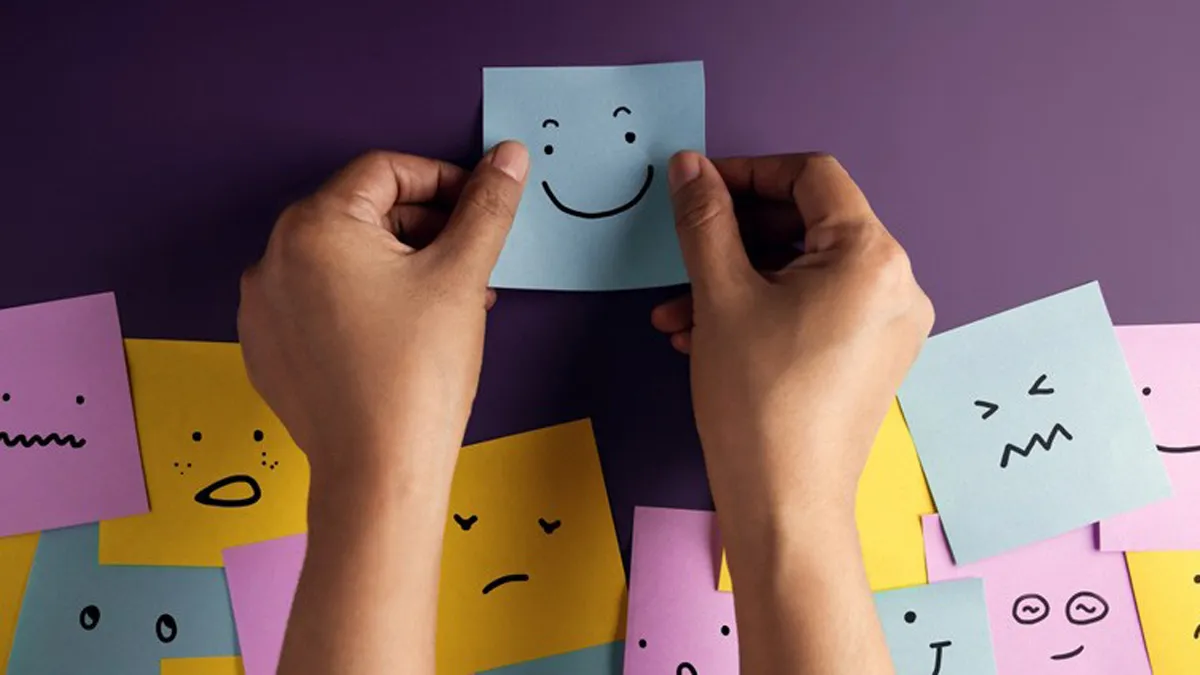Mental Health Strategies for Managing Student Stress in Academics

The Impact of Academics on Mental Health
Academic strain can profoundly affect students' mental well-being. Late adolescence and emerging adulthood are challenging periods marked by significant physiological and psychological changes. Academic stress exacerbates these issues, with 87% of students identifying education as their primary stress source. Surveys indicate a need for active mental health interventions, revealing that 14% of India's population requires such support.
Coping Strategies for Mental Health Stress
Here are several effective methods to address mental health stress:
- Emotional Regulation:
- Mindfulness and Meditation: Practice techniques such as deep breathing or guided meditation.
- Journaling: Write down feelings to process and release them.
- Connect with Nature: Spend time outdoors to improve your mood.
- Physical Well-Being:
- Regular Exercise: Engage in activities like walking or yoga.
- Sleep Hygiene: Maintain a consistent sleep schedule.
- Healthy Eating: Focus on balanced nutrition while avoiding processed foods.
- Social Support:
- Talk to Someone: Share feelings with friends or professionals.
- Join Support Groups: Connect with others sharing similar stressors.
- Build a Network: Engage in community activities.
- Time Management:
- Prioritize Tasks: Break down tasks into manageable chunks.
- Set Boundaries: Learn to say 'no' when needed.
- Take Breaks: Use relaxation techniques during breaks.
- Relaxation Techniques:
- Progressive muscle relaxation
- Visualization
- Yoga
- Tai Chi
- Aromatherapy
- Self-Care:
- Engage in Hobbies: Choose relaxing activities you enjoy.
- Practice Self-Compassion: Treat yourself kindly and with understanding.
- Indulge in Relaxation: Enjoy relaxing activities like reading or listening to music.
- Professional Help:
- Consult a Mental Health Professional for guidance.
- Cognitive Behavioral Therapy to tackle negative thoughts.
- Explore Medication options if necessary.
Disclaimer: The information provided on this site is for informational purposes only and is not intended as medical advice. We are not responsible for any actions taken based on the content of this site. Always consult a qualified healthcare provider for medical advice, diagnosis, and treatment. We source our news from reputable sources and provide links to the original articles. We do not endorse or assume responsibility for the accuracy of the information contained in external sources.
This article was prepared using information from open sources in accordance with the principles of Ethical Policy. The editorial team is not responsible for absolute accuracy, as it relies on data from the sources referenced.